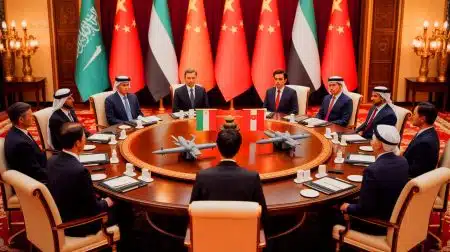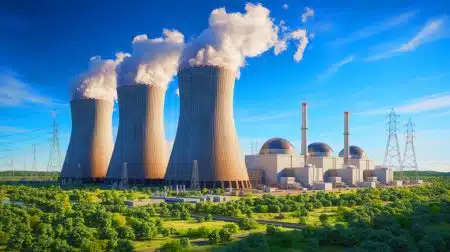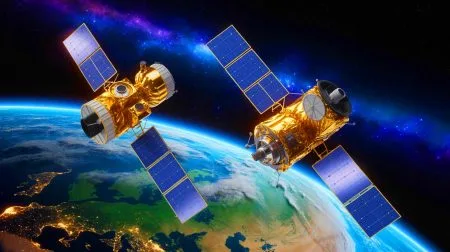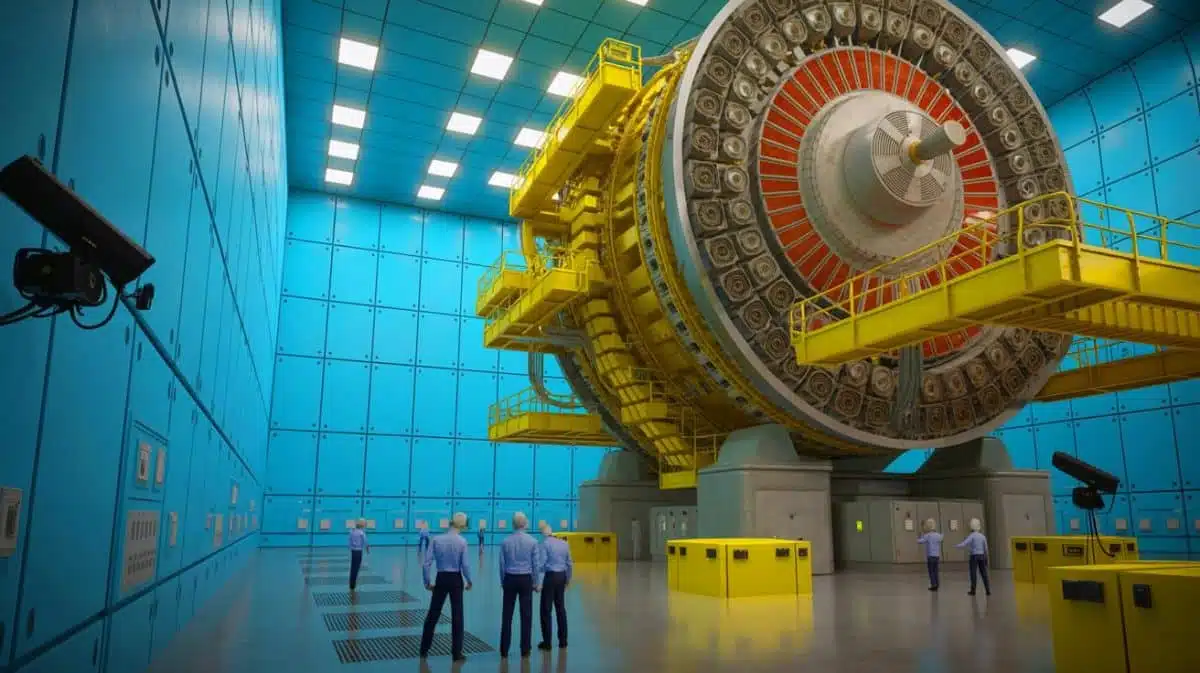| IN A NUTSHELL |
|
The recent developments surrounding Iran’s nuclear program have sent ripples of concern across the globe. Despite significant damage to its nuclear facilities due to coordinated attacks by Israel and the United States, Iran could potentially restart its uranium enrichment efforts. This revelation comes from Rafael Grossi, the head of the International Atomic Energy Agency (IAEA), who suggests that Iran’s knowledge and industrial base may still be intact. With the geopolitical landscape already fraught with tension, these revelations demand a closer look at the current state and future implications of Iran’s nuclear ambitions.
Iran’s Nuclear Program Not Completely Destroyed
Rafael Grossi’s recent comments have reignited fears regarding Iran’s nuclear capabilities. Despite the intensive bombing campaigns by Israel and the United States, he indicates that critical components of Iran’s nuclear program may have survived. Iran’s ability to potentially relocate enriched uranium before the attacks suggests a level of preparedness that many did not anticipate. Grossi highlights that the IAEA has previously detected traces of enriched uranium at undisclosed locations in Iran, which raises questions about the full scope of their nuclear activities.
It’s crucial to understand that Iran’s nuclear knowledge and industrial base remain largely unscathed. This fact underscores the complexity of dismantling a nuclear program through military means alone. Grossi cautions against simplistic assessments that suggest Iran’s nuclear ambitions have been set back by mere months or years. He emphasizes that Iran retains the technical capacity to resume enrichment activities swiftly, possibly within months, if they so choose. These insights highlight the resilience and adaptability of Iran’s nuclear program, which continues to pose a significant challenge to global security.
Could Start Again in Months
The potential for Iran to restart its nuclear program in a short timeframe is a sobering prospect. Grossi notes that while some materials may have been destroyed in the attacks, others could have been strategically relocated. This ambiguity is compounded by Iran’s recent decision to suspend cooperation with the IAEA. Tehran’s reluctance to allow inspections of the damaged sites, particularly the Fordow enrichment facility, further complicates efforts to ascertain the current status of their nuclear assets.
The suspension of IAEA inspections raises critical concerns about transparency and accountability. Without access to these sites, the international community is left in the dark regarding the true extent of Iran’s nuclear capabilities. Despite contradictory statements from U.S. officials, including claims by President Trump that Iran’s nuclear program has been set back by decades, the reality appears far more nuanced. The situation demands diplomatic engagement to ensure that Iran’s nuclear activities remain peaceful and within the bounds of international agreements.
The International Response and Implications
The international response to these revelations has been mixed, reflecting the complexity of the geopolitical landscape. While some officials, like Secretary of State Marco Rubio, commend the IAEA’s ongoing monitoring efforts, others express skepticism about the true impact of the recent attacks on Iran’s nuclear capabilities. The divergence in opinions underscores the challenges of forming a cohesive strategy to address Iran’s nuclear ambitions.
The potential for Iran to restart its nuclear program poses significant risks not only to regional stability but also to global security. As Iran navigates its path forward, the international community must grapple with the implications of a potentially nuclear-capable Iran. Diplomatic efforts, sanctions, and strategic alliances will play crucial roles in shaping the future of Iran’s nuclear program and ensuring that it remains solely for peaceful purposes. The stakes are high, and the path forward requires careful consideration and collaboration among global powers.
Future Prospects and Challenges
Looking ahead, the challenges of containing Iran’s nuclear ambitions are immense. The resilience of Iran’s nuclear program, despite significant setbacks, highlights the need for a multifaceted approach that goes beyond military interventions. Engaging Iran in constructive dialogue and negotiations will be essential to achieving a sustainable resolution that addresses both regional and global security concerns.
The situation also raises broader questions about the efficacy of current non-proliferation strategies and the role of international organizations like the IAEA in enforcing compliance. As the world watches closely, the actions taken in the coming months will have far-reaching implications for the future of nuclear non-proliferation. How can the international community balance the need for security with the principles of sovereignty and diplomacy in addressing such critical issues?
Did you like it? 4.6/5 (21)







Is anyone else feeling a deja vu from the past nuclear tensions? 🤔
This is really concerning. Why isn’t there more media coverage on this?
Are diplomatic efforts even working at this point?
I’m skeptical about Iran’s intentions. Can we really trust them?
Why does it seem like history keeps repeating itself with Iran’s nuclear ambitions?
Thanks for keeping us informed about these serious developments! 🙏
How much longer can the international community keep playing this game of cat and mouse?
Anyone else think the world needs a better strategy than just sanctions?